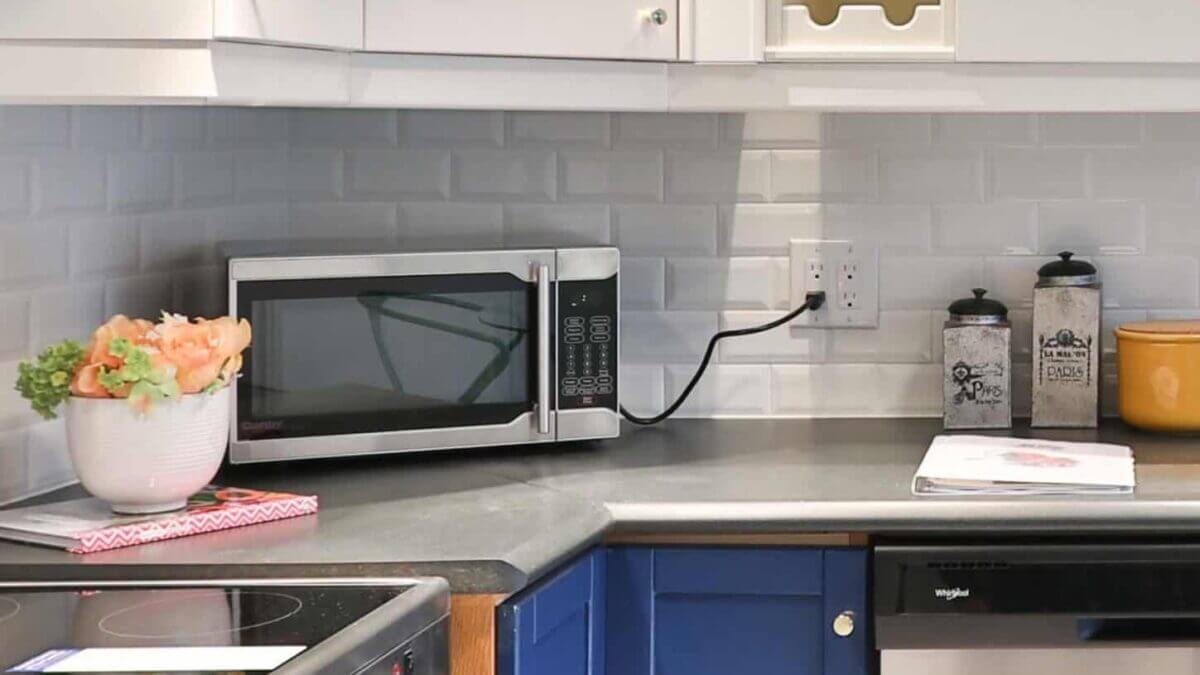Almost every home and office has a microwave oven ready to be used to reheat or cook food. The convenience they offer is undeniable. Yet despite their widespread usage, people still have doubts over their safety. These ovens use microwaves produced inside them by an electron tube called a magnetron.
Microwaves are high frequency radio waves used primarily for TV broadcasting, radar for air and sea navigational aids, and telecommunications including mobile phones. They are also used for processing materials, in medicine for diathermy treatment and in kitchens for cooking food.
Uniformity of heating in the food is usually assisted by having the food on a rotating turntable in the oven. Food becomes cooked when the water molecules in it vibrate as they absorb microwave energy. The friction between the molecules results in heating which cooks the food.
The World Health Organisation (WHO) says that microwave ovens are safe and convenient for heating and cooking a variety of foods so long as they are used according to the manufacturer’s instructions. However, they warn that precautions need to be taken, specifically with regards to potential exposure to microwaves, thermal burns and food handling.
Foods, which contain water, readily absorb microwave energy, which is then converted into heat. Metallic materials totally reflect microwaves, which is why you should never put anything metal in the microwave unless you want an explosion. Another good reason to not put metal containers in the microwave is metal reflects microwaves. So, food wrapped in metal foil will not be cooked, while food not in metal wrap may receive more energy than intended, causing uneven cooking. Non-metallic materials such as glass and some plastics, on the other hand, are mostly transparent to microwaves.
Microwaves also have been designed to ensure that the microwaves are contained within the oven and are only present when the oven is switched on and the door is shut. Leakages around and through the glass door, if it can still happen, is limited by design to a level well below that recommended by international standards.
However be careful as microwave leakage could still occur if the oven is damaged, dirty or modified. It is therefore important that the oven is maintained in good condition. You should also check that the door is closed properly and that the safety interlock devices, fitted to the door to prevent microwaves from being generated while it is open, work correctly.
It should be noted that microwaves do not penetrate evenly through different thickness and densities. This can cause a problem when heating food as the food may heat up unevenly, especially on thick pieces of food. This can pose a health risk as some dangerous microorganisms may not be killed and can cause food poisoning.
To mitigate this problem, you should let food reheated in the microwave rest for a few minutes to allow the heat to distribute throughout the food. You should only use dishes and containers specifically designed for microwave cooking.
Nutrition-wise, food cooked in the microwave and in a conventional oven are the same. And just as safe. The only nutrients that would be damaged are those that are affected by heat, such as some vitamins. Ironically, because microwave cooking times are shorter, a microwave does a better job of preserving some of the nutrients that usually break down when heated.
WHO has also rubbished claims that food becomes “radioactive” after being heated in the microwave.
“Nor does any microwave energy remain in the cavity or the food after the microwave oven is switched off. In this respect, microwaves act just like light; when the light bulb is turned off, no light remains,” they said in 2005.
MIFB is the largest Food and Beverage Focused Trade event in the country which offers a platform for businesses from the industry to showcase their products and services at an international level. If you are looking to introduce, exchange, and learn about the latest innovation and technologies then MIFB is the place to be.



